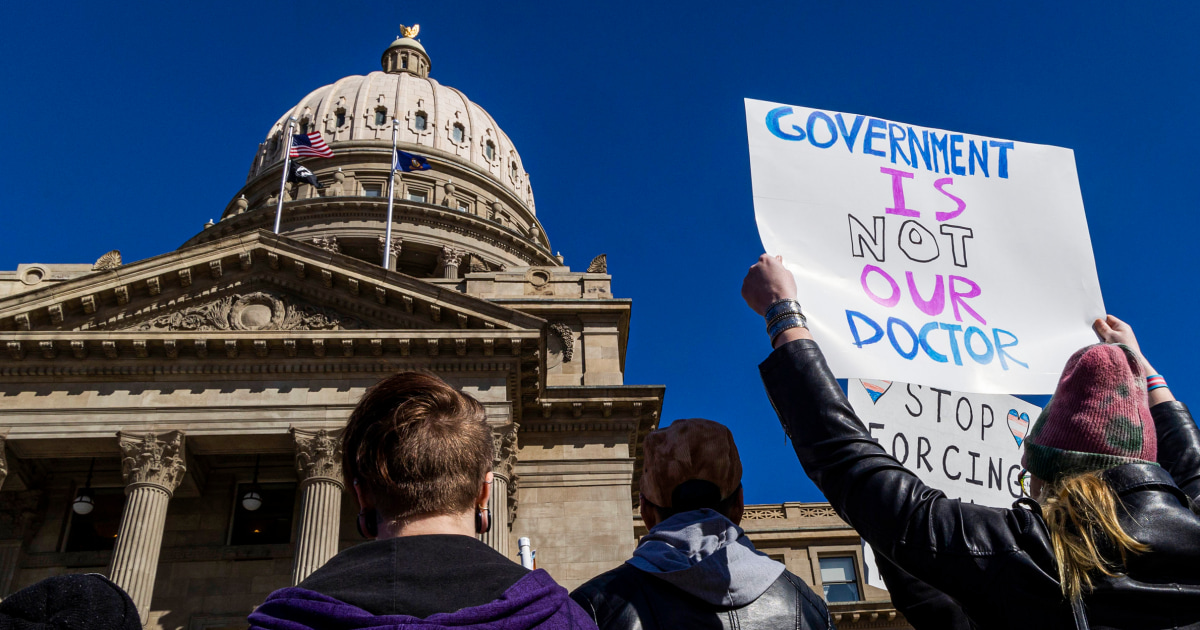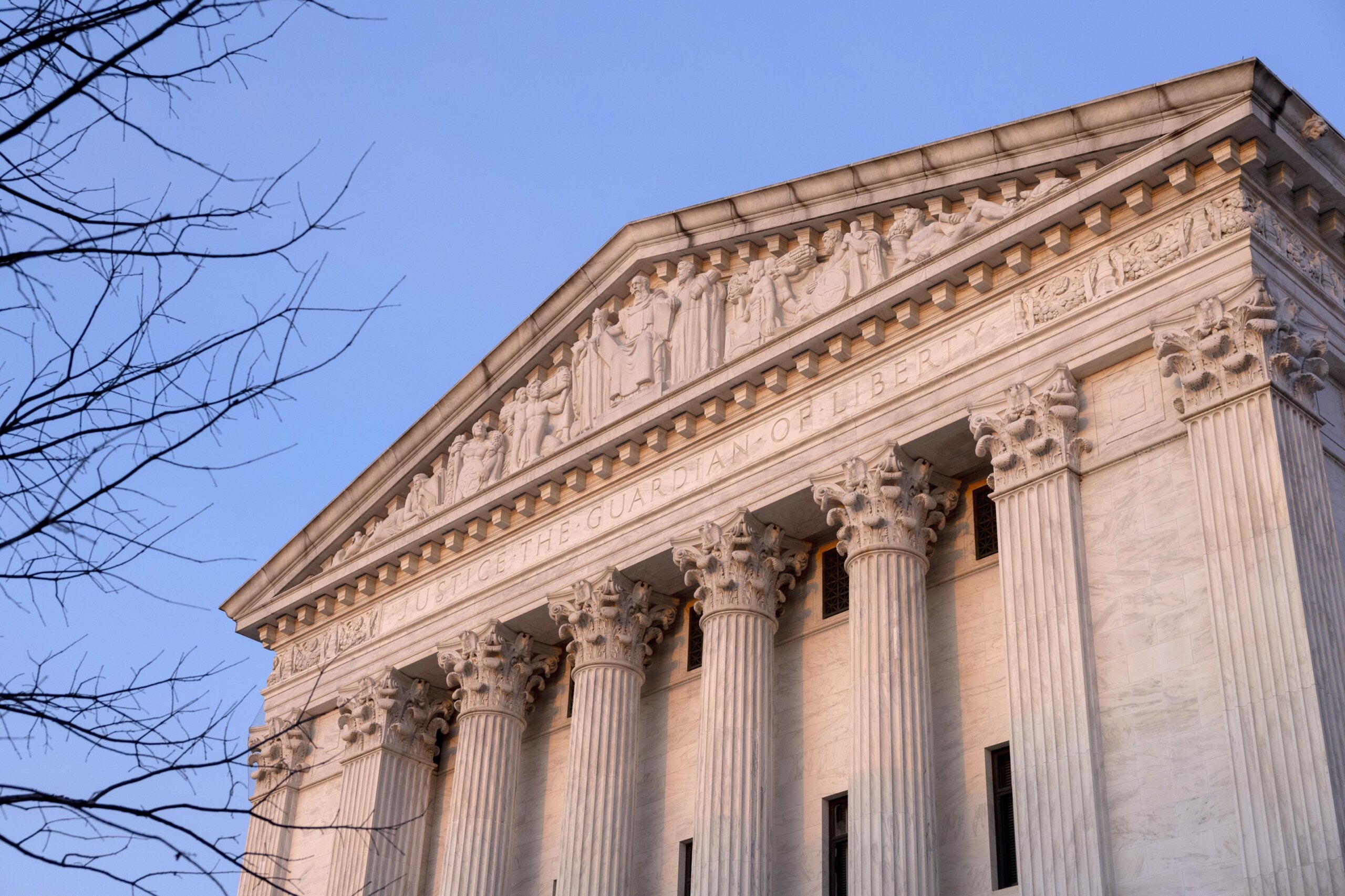The Supreme Court has allowed Idaho to enforce its ban on gender-affirming care for transgender youth. This decision is a major setback for transgender rights and could have devastating consequences for transgender youth in Idaho.
Gender-affirming care is a type of medical care that helps transgender people feel more comfortable in their bodies and live authentically. It can include hormone therapy, puberty blockers, and surgery. This type of care is essential for the health and well-being of transgender youth, and it has been shown to reduce the risk of suicide and depression.
The Supreme Court's decision to allow Idaho to enforce its ban on gender-affirming care is a dangerous and harmful precedent. It sends the message that transgender youth are not deserving of the same rights and protections as other young people. This decision could lead to more states passing similar bans, which would have a devastating impact on transgender youth across the country.
- Uncover The Identity Ronald Anthony Burgos Aviless Significant Other
- Meet Justin Mcgee The Frankfort Ky Real Estate Expert
It is important to remember that transgender youth are some of the most vulnerable members of our society. They face discrimination and violence at alarming rates, and they need our support. The Supreme Court's decision to allow Idaho to enforce its ban on gender-affirming care is a step backward for transgender rights, and it is a betrayal of these vulnerable youth.
The Supreme Court's Decision
The Supreme Court's decision to allow Idaho to enforce its ban on gender-affirming care was a 5-4 decision, with the conservative justices voting in favor of the ban and the liberal justices dissenting. The Court's majority opinion was written by Justice Samuel Alito, who argued that the ban was necessary to protect children from the "irreversible" effects of gender-affirming care.
The dissenting justices argued that the ban was unconstitutional and that it would harm transgender youth. Justice Sonia Sotomayor wrote in her dissent that the ban "will cause irreparable harm to transgender youth in Idaho" and that it "flies in the face of the Supreme Court's precedents protecting the rights of transgender people."
The Impact of the Decision
The Supreme Court's decision to allow Idaho to enforce its ban on gender-affirming care is a major setback for transgender rights. It is likely to lead to more states passing similar bans, which would have a devastating impact on transgender youth across the country.
Transgender youth who are denied access to gender-affirming care are more likely to experience mental health problems, including depression and suicide. They are also more likely to face discrimination and violence. The Supreme Court's decision will make it even more difficult for transgender youth to get the care they need and to live authentically.
What Can Be Done?
There are a number of things that can be done to fight against the Supreme Court's decision and to support transgender youth. First, we can contact our elected officials and let them know that we support transgender rights. We can also donate to organizations that are fighting for transgender rights, such as the ACLU and the National Center for Transgender Equality.
Second, we can educate ourselves about transgender issues and the importance of gender-affirming care. We can talk to transgender people about their experiences and learn from them. We can also read books and articles about transgender issues.
Third, we can be allies to transgender youth. We can stand up for them when they are discriminated against and we can support them in their journey to live authentically.
FAQs about the Supreme Court's Decision on Idaho's Gender-Affirming Care Ban
The Supreme Court's decision to allow Idaho to enforce its ban on gender-affirming care for transgender youth has raised many questions and concerns. Here are some of the most frequently asked questions about the decision:
Question 1: What is gender-affirming care?Gender-affirming care is a type of medical care that helps transgender people feel more comfortable in their bodies and live authentically. It can include hormone therapy, puberty blockers, and surgery. This type of care is essential for the health and well-being of transgender youth, and it has been shown to reduce the risk of suicide and depression.
Question 2: Why did the Supreme Court allow Idaho to enforce its ban on gender-affirming care?
The Supreme Court's decision was a 5-4 decision, with the conservative justices voting in favor of the ban and the liberal justices dissenting. The Court's majority opinion was written by Justice Samuel Alito, who argued that the ban was necessary to protect children from the "irreversible" effects of gender-affirming care.
The dissenting justices argued that the ban was unconstitutional and that it would harm transgender youth. Justice Sonia Sotomayor wrote in her dissent that the ban "will cause irreparable harm to transgender youth in Idaho" and that it "flies in the face of the Supreme Court's precedents protecting the rights of transgender people."
Summary: The Supreme Court's decision to allow Idaho to enforce its ban on gender-affirming care is a major setback for transgender rights. It is likely to lead to more states passing similar bans, which would have a devastating impact on transgender youth across the country.
Conclusion
The Supreme Court's decision to allow Idaho to enforce its ban on gender-affirming care for transgender youth is a major setback for transgender rights. However, it is important to remember that this is not the end of the fight for transgender equality.
We must continue to fight for the rights of transgender youth to access the care they need and to live authentically. We must also continue to educate ourselves about transgender issues and to be allies to transgender people.
The fight for transgender rights is far from over. But by working together, we can create a more just and equitable world for all.- Wendy Louder Obituary Remembering The Life And Legacy Of A Local Icon
- All The Latest Leaked Photos And Videos Of Lacy Larson

